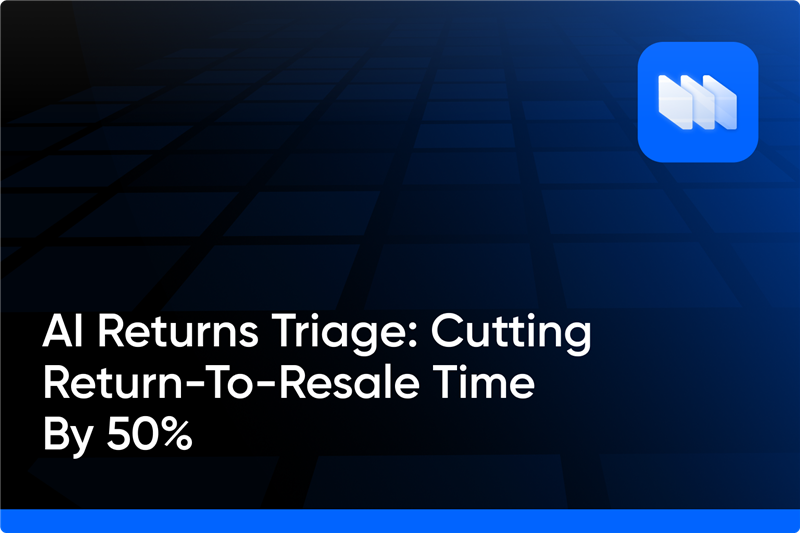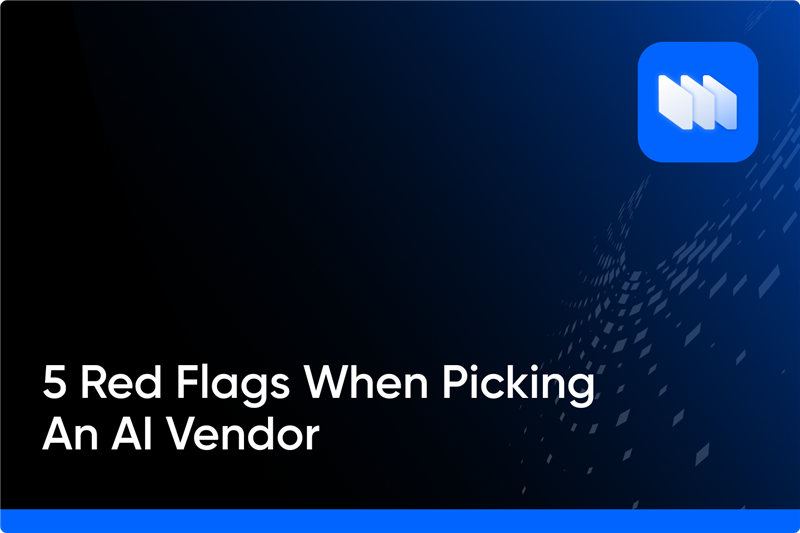Deloitte’s Gen-AI Report: Navigating the AI Wave for Mid-Market Firms
Deloitte's ongoing "State of Generative AI in the Enterprise" reports offer a crucial pulse check on how organizations are grappling with the transformative power of Generative AI (GenAI). While these reports often highlight trends among large enterprises with vast resources, their insights are equally, if not more, vital for mid-market firms. These businesses, often more agile but with tighter budgets and fewer dedicated tech personnel, need a pragmatic roadmap to harness GenAI without getting swamped by its complexities or risks.
Deloitte's findings underscore a significant shift: from the initial "hype" around GenAI to a "positive pragmatism," with a growing focus on achieving tangible ROI and scaling proven use cases. For mid-market firms, this translates into both opportunity and challenge.
The Mid-Market Imperative: Why GenAI Can't Be Ignored
Mid-market firms might not have the R&D budgets of a Fortune 500 company, but they also don't carry the weight of decades of legacy systems or bureaucratic inertia. This often makes them nimbler, capable of integrating new technologies faster once a clear value proposition is established. Deloitte's reports subtly echo this by emphasizing that while GenAI is advancing rapidly, organizations are setting their own pace for achieving ROI. For mid-market players, this "set your own pace" mentality is key.
The reports also highlight that IT, operations, marketing, and customer service are leading the charge in GenAI adoption. These are precisely the areas where mid-market firms can see quick, impactful wins:
- Boosting Efficiency in IT and Operations: GenAI can automate routine IT tasks, generate code snippets, and optimize operational workflows. For a mid-market firm, this could mean significant cost savings and a freeing up of IT staff for more strategic initiatives. Think about generating internal documentation, drafting basic scripts, or summarizing incident reports.
- Supercharging Marketing and Customer Service: GenAI can revolutionize content creation for marketing, from drafting social media posts to generating personalized email campaigns. In customer service, it can power more intelligent chatbots, assist agents with real-time information retrieval, and even help craft empathetic responses, dramatically improving customer experience without needing a massive contact center investment.
Key Takeaways from Deloitte's Reports for Mid-Market Firms
Deloitte's insights, while broad, offer specific guidance when viewed through a mid-market lens:
1. Focus on Practical, High-Impact Use Cases
The initial "experimentation" phase is giving way to "scaling top use cases." For mid-market firms, this means resisting the urge to jump on every GenAI trend. Instead, identify a few critical business problems where GenAI can deliver clear, measurable value. Deloitte notes that IT, operations, marketing, and customer service are where the most advanced initiatives are happening, driven by a focus on "core business value."
Action for mid-market: Don't try to boil the ocean. Pick one or two areas—e.g., automating report generation, enhancing customer support FAQs, or streamlining internal communications—and aim for demonstrable ROI there before expanding. Start small, prove the concept, then scale.
2. Prioritize Data Quality and Governance
A recurring theme in Deloitte's reports is the rising concern around data quality, risk management, and regulatory compliance. As mentioned in the previous article, bad data is an AI project killer. For mid-market firms, this means:
- Investing in Data Foundation: Before deploying GenAI, ensure your data is clean, accurate, and accessible. This might mean tackling long-standing data silos or initiating data cleansing projects. Without a solid data foundation, GenAI's output will be unreliable, leading to wasted effort and potentially bad decisions.
- Establishing Governance: While mid-market firms might not have large compliance departments, they still need clear guidelines for GenAI use. This includes addressing data privacy, intellectual property concerns (especially with generated content), and ensuring fairness and transparency. Deloitte's reports indicate that regulatory uncertainty and risk management have become top barriers to deployment.
3. Talent Strategy is Crucial: Upskilling, Not Just Hiring
Deloitte's reports emphasize the evolving talent landscape. While specialized AI talent is in high demand, the focus is also shifting to upskilling existing workforces. For mid-market firms that might struggle to attract top-tier AI researchers, this is excellent news.
Action for mid-market: Don't necessarily look for an "AI guru" to start. Instead, identify enthusiastic employees in different departments and provide them with training on prompt engineering, basic GenAI tool usage, and understanding AI's capabilities and limitations. Empowering existing staff with GenAI skills can create internal champions and drive adoption organically. Deloitte's research points to employee resistance often stemming from unfamiliarity, making training crucial.
4. Manage Expectations and Build Trust
The "hype" cycle of GenAI has created inflated expectations. Deloitte cautions that "organizational change only happens so fast" and that achieving significant ROI can be a "multiyear journey." This is particularly relevant for mid-market firms that need to demonstrate value quickly.
Action for mid-market: Be realistic about what GenAI can achieve in the short term. Focus on incremental improvements and communicate successes clearly. Building internal trust in GenAI is vital, as highlighted by Deloitte's finding that trust in AI has grown, but transparency remains key. This means being open about how GenAI is used, its benefits, and its limitations.
5. Consider "Agentic AI" (but with caution)
Deloitte's reports also touch upon the emergence of "agentic AI"—AI systems capable of more autonomous decision-making and task execution. While this is a more advanced concept, mid-market firms should be aware of its potential.
Action for mid-market: While full-blown agentic AI might be a few years off for most mid-market firms, thinking about how AI can move beyond just "assisting" to "acting" in certain defined processes can be a long-term strategic play. Start by observing how larger firms experiment with these concepts and identify simpler, more contained applications where an AI agent could handle a multi-step task, such as automated lead qualification or initial customer inquiry resolution.
The Path Forward: Pragmatism and Phased Adoption
Ultimately, Deloitte's GenAI reports signal that the technology is maturing, moving from experimental novelty to a tangible business tool. For mid-market firms, this means a window of opportunity to gain a competitive edge. The key is to approach GenAI with a blend of ambition and pragmatism.
Start with clear business needs, focus on data quality, invest in upskilling your existing workforce, and manage expectations diligently. By taking a strategic, phased approach, mid-market firms can effectively navigate the complexities of GenAI, unlock its value, and position themselves strongly for the AI-driven future.
.png)
.png)






.png)